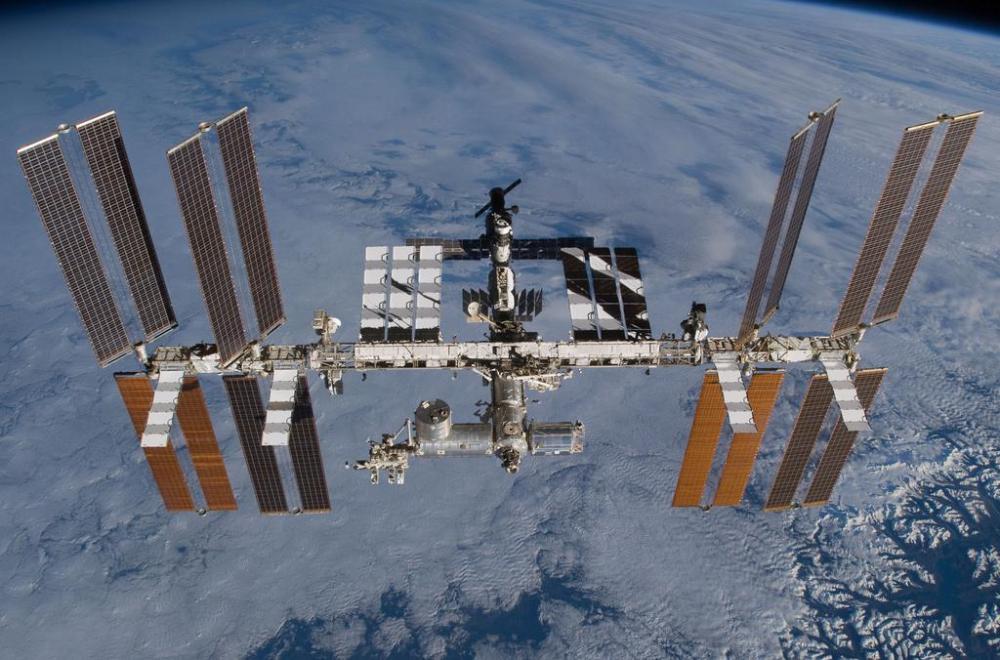At WiseGEEK, we're committed to delivering accurate, trustworthy information. Our expert-authored content is rigorously fact-checked and sourced from credible authorities. Discover how we uphold the highest standards in providing you with reliable knowledge.
What Record Will Astronaut Frank Rubio Set This Week?
Francisco “Frank” Rubio has been a resident of the International Space Station (ISS) for over a year, arriving there on September 21, 2022. Earlier this month, he broke the U.S. record for the longest single journey in space, surpassing Mark Vande Hei’s 355-day mission (April 2021 to March 2022). Rubio is scheduled to return to Earth on September 27, which would bring his total trip duration to 371 days and make him the first American to spend over a year in low-Earth orbit.
When Rubio, now 47, arrived at the ISS last September aboard the Soyuz MS-22 capsule (part of a NASA-Roscosmos crew-swapping agreement), he had no intention of setting any mission duration records. He was initially scheduled to return to Earth along with two cosmonauts after six months at the station. However, it was discovered that their Soyuz spacecraft had developed a coolant leak (possibly caused by a collision with space debris) and was deemed unsafe for crew transport.

This week, Rubio and his Russian colleagues, Sergey Prokopyev and Dmitri Petelin, will return home aboard Soyuz MS-23, which flew without a crew to the space station in February. A replacement crew of two cosmonauts and one NASA astronaut arrived earlier this month aboard Soyuz MS-24.
Although Rubio’s U.S. record of 371 consecutive days in orbit is undoubtedly impressive (especially considering it was completely unplanned), it is still a long way from cosmonaut Valeri Polyakov’s world record of 437.7 consecutive days on the Mir space station (January 1994 to March 1995). Another Russian cosmonaut, Gennadi Padalka, holds the record for most cumulative time in space, with 879 days across five missions.
Out of this world:
- Rubio’s resume includes serving as a U.S. Army helicopter pilot, physician, and flight surgeon. He became an astronaut in 2017.
- By the end of his mission, Rubio will have shared the ISS with a total of 28 other astronauts and cosmonauts, who relied on SpaceX and Axiom spacecraft for their transportation to and from the station.
- Due to the amount of time spent in microgravity, extended space missions can have a variety of effects on the human body, ranging from issues with equilibrium and vision, loss of bone density and muscle mass, and even alterations in brain size.
- Orbiting the Earth at an altitude of 250 miles (402.3 km), the ISS has been continually inhabited since November 2000. Traveling at around 17,000 miles per hour (27,359 km/h), the space station completes an orbit every 90 minutes.
AS FEATURED ON:
AS FEATURED ON:











Discuss this Article
Post your comments